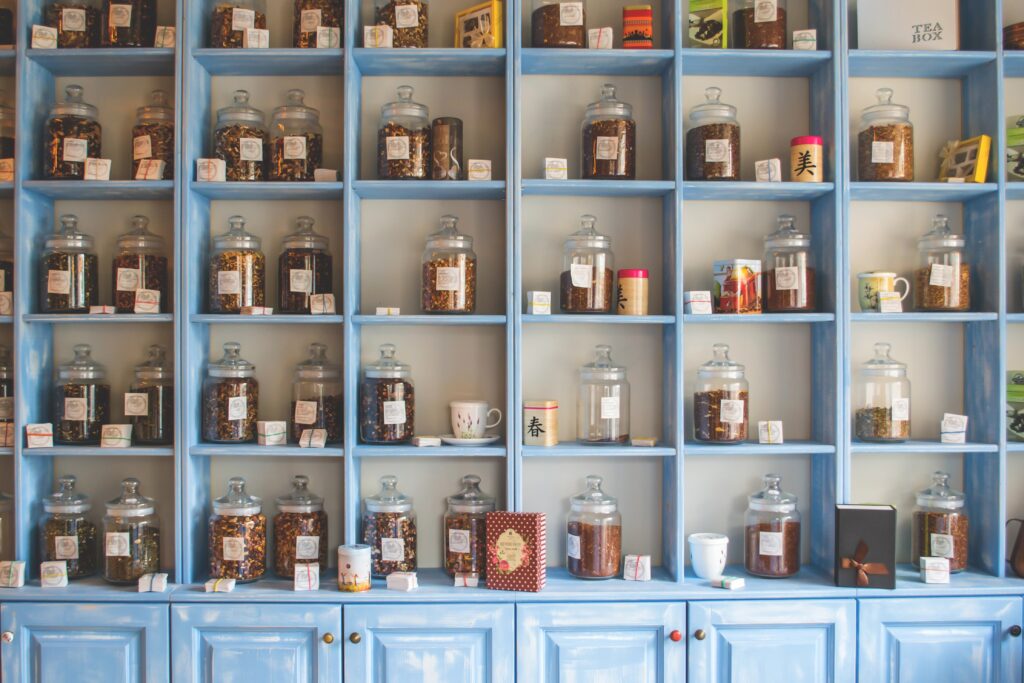Working with other stores in your area, especially those that may carry similar or even potentially competing products can be a boon to your store, foot traffic, and sales if done properly. At the end of the day most store owners simply want more sales, and to find more success in their chosen line of business. In this article we will quickly cover some do and don’ts for creating these contracts, and we will provide you a sample contract you can download and revise for your own use in Microsoft Word.
As with any legal agreement we recommend you review this document with a licensed legal professional. We cannot and are not dispensing you with legal advice, just providing you with a sample contract to start you in the right direction. We are providing this for marketing purposes, to help you establish a successful relationship with someone in your area where it can be beneficial to exchange foot traffic.

Why Coopetition?
Let’s say you run a gift shop. This is a good example for us because – hey, guess what, we do. Let’s say that someone very near by runs a tea shop. This tea shop sells packaged tea, loose tea, and prepares hot tea for their guests, sort of like Teavana stores before Starbucks bought them out. They have an amazing selection, great pricing, and because they are really niched in the Tea market, they attract all the tea drinkers around.
Back to your gift shop. You sell tea too. However, that tea is packaged, has funny labels, and fits into your niche – humor goods (or should I say our niche). On the whole you do not REALLY compete with the tea shop. They are a specialty company, and you offer something non-specialized and more for the gift market. You also sell mugs, tea strainers, tea towels, and other items that can be easily given as a gift.
In example one someone wanders into your shop. They see your towels and mugs, but want some “better” tea. It is easy for you to recommend the tea shop up the street. It is more POWERFUL to have some of their tea – or at least a sign, a sample, or something to send the recommendation to their store. Now, there was a 50/50 shot this customer would make their way down to the tea store. If you make the recommendation, you maybe increased that to 60/40. If you gave them a sample, they showed interest, and you also recommended them you shot that percentage up to 90/10. There is a big chance they will hit the tea store now. If you gave them a sample they liked, there is a big chance they will buy something at the tea store.

Fortunately this goes both ways. When someone is shopping at the tea store, a coordinated approach to the gifts that you carry, be it teapots, funny towels, mugs, or other items can cement the chance of someone being sent to your shop and being ready to purchase something.
The Joint Referral Agreement
The purpose of the “coopetition” agreement is to formalize the relationship. It acts as a way of allowing you to exchange products, manage your relationship, and help define what both of you think is a beneficial arrangement in a more formalized way. Be cautious though, this is not a replacement for a real relationship. Communicating with your new partner is very important and helps you keep a pulse on how that relationship is going, and what things you can do to improve the situation for the both of you!
Without further ado – here is a link to download the MUTUAL REFERRAL AGREEMENT contract. Feel free to modify and alter this agreement as you see fit, and most importantly remember to review this with a legal professional before signing!
Please note this agreement was designed to be as simple as possible, remember to discuss this with your new referral partner, and try to determine what needs to be added (or removed) to make the best possible arrangement for the both of you. This agreement contains a consignment clause to allow both of you to exchange products on a consignment basis. The consignment numbers can be easily adjusted to support your needs.
